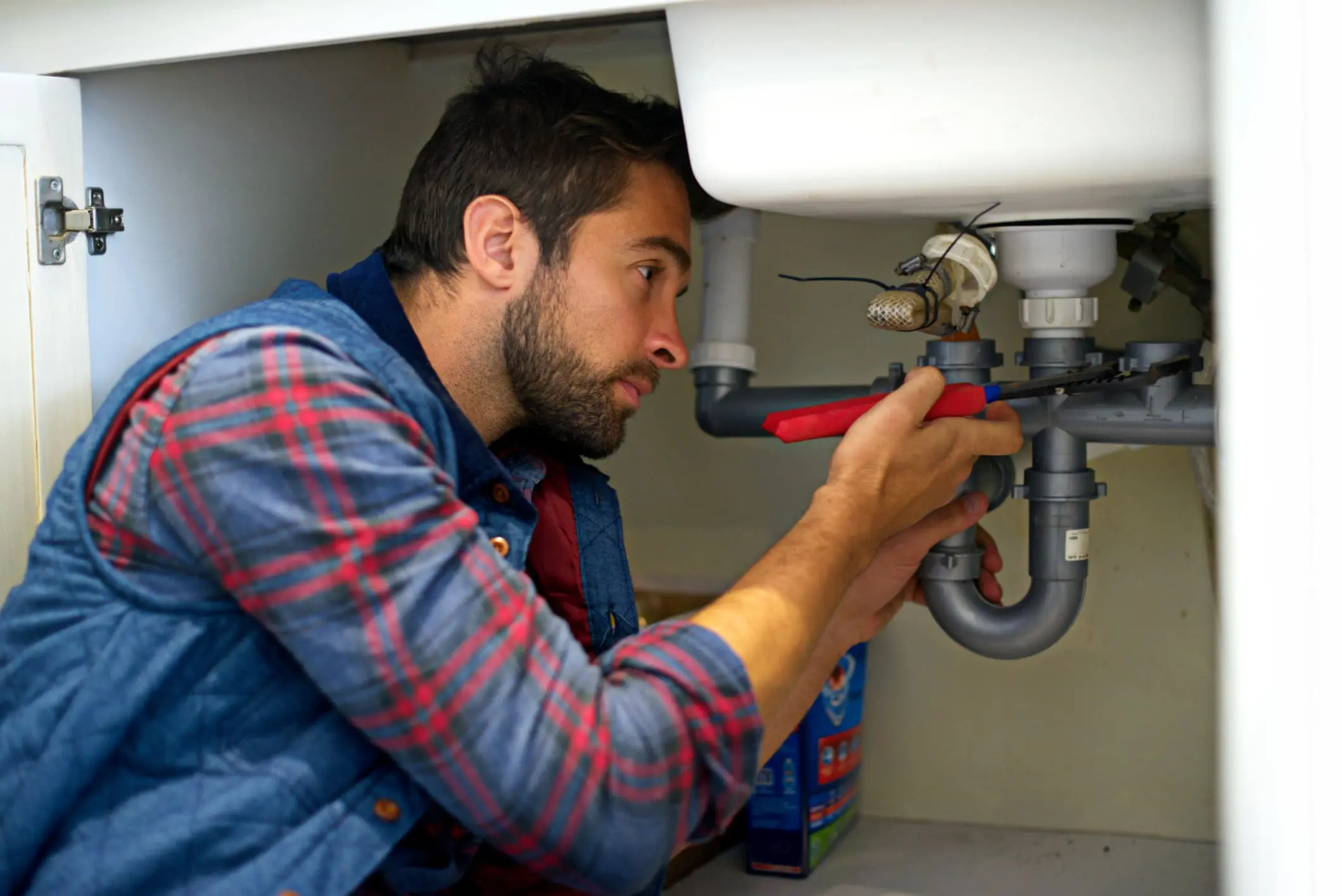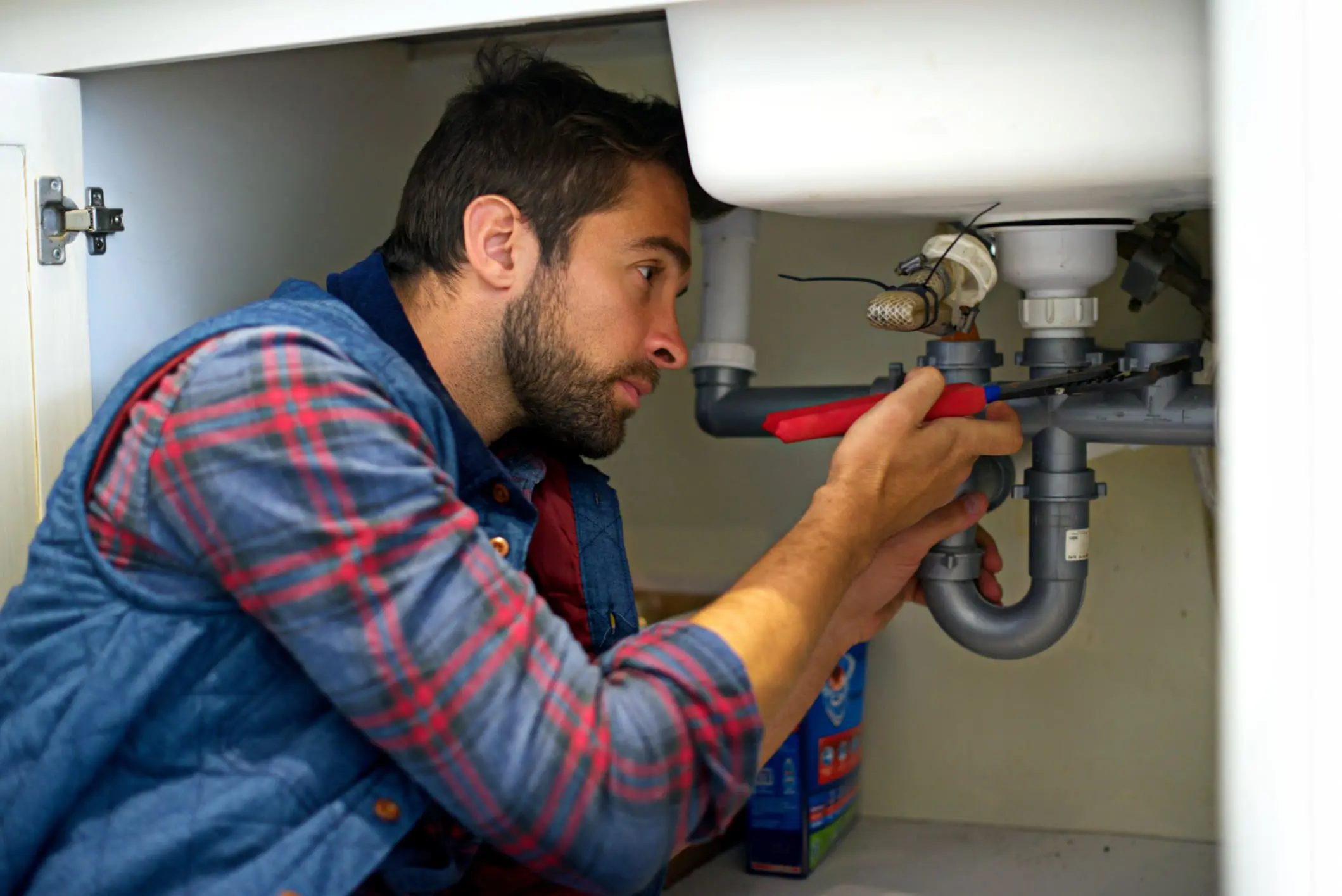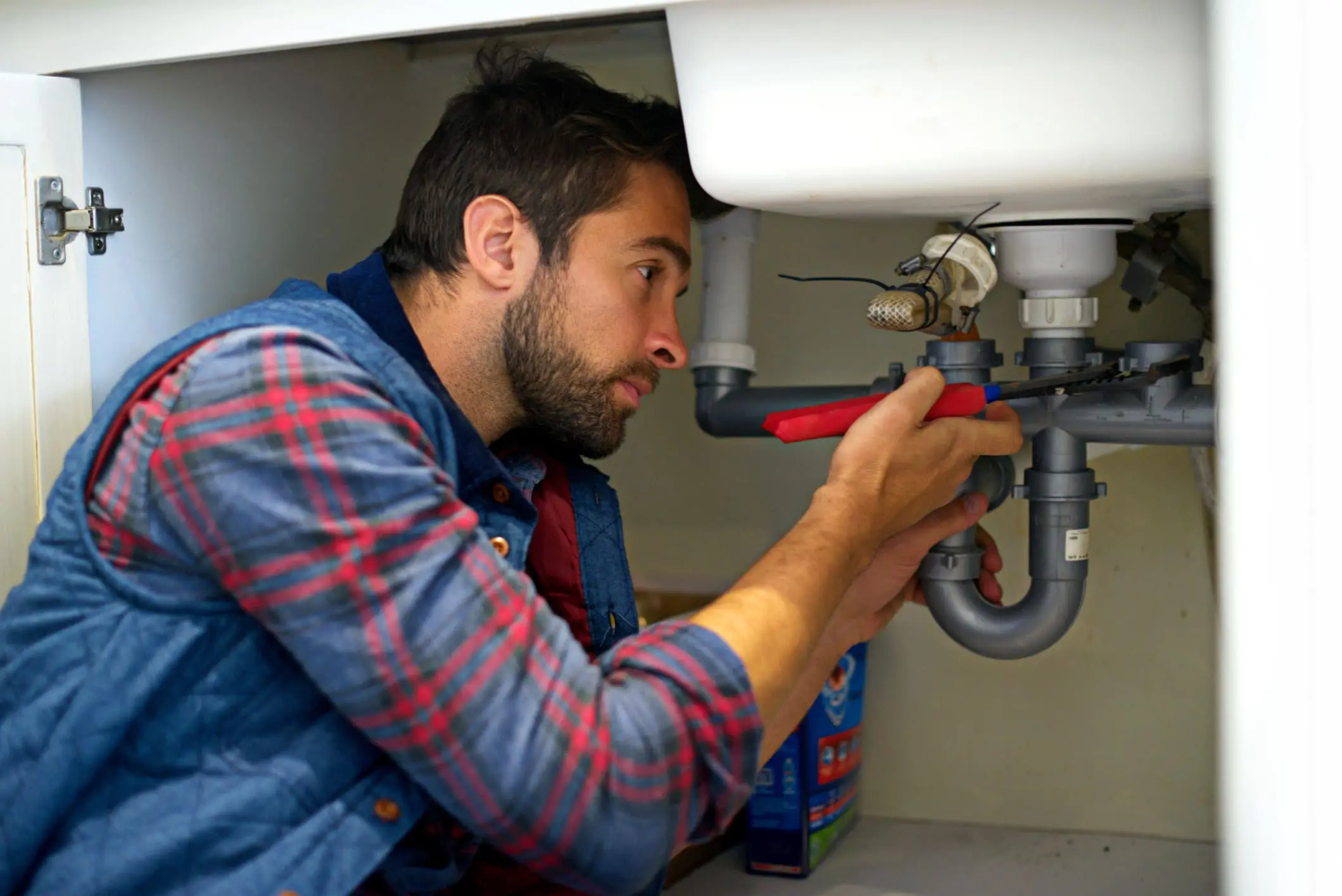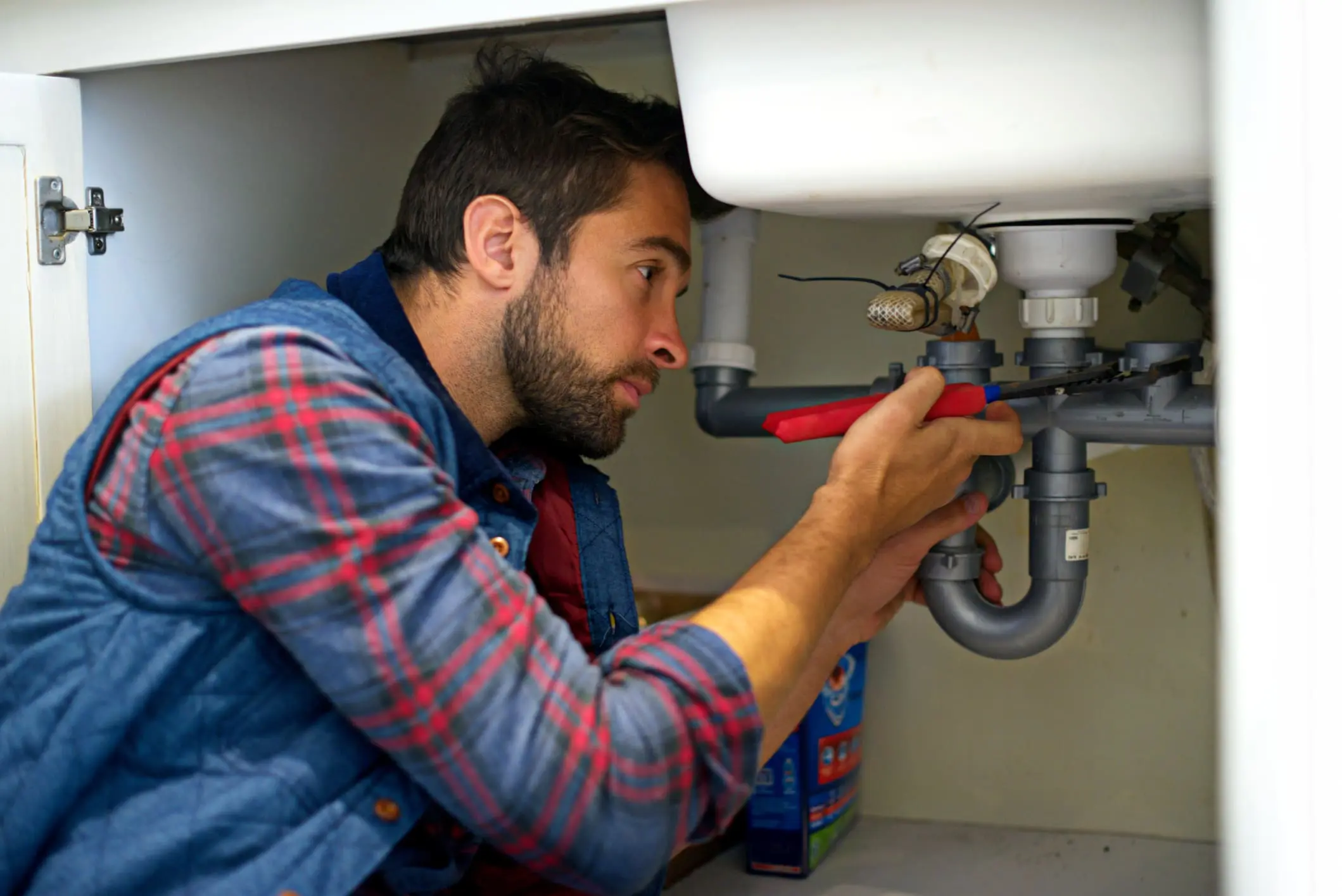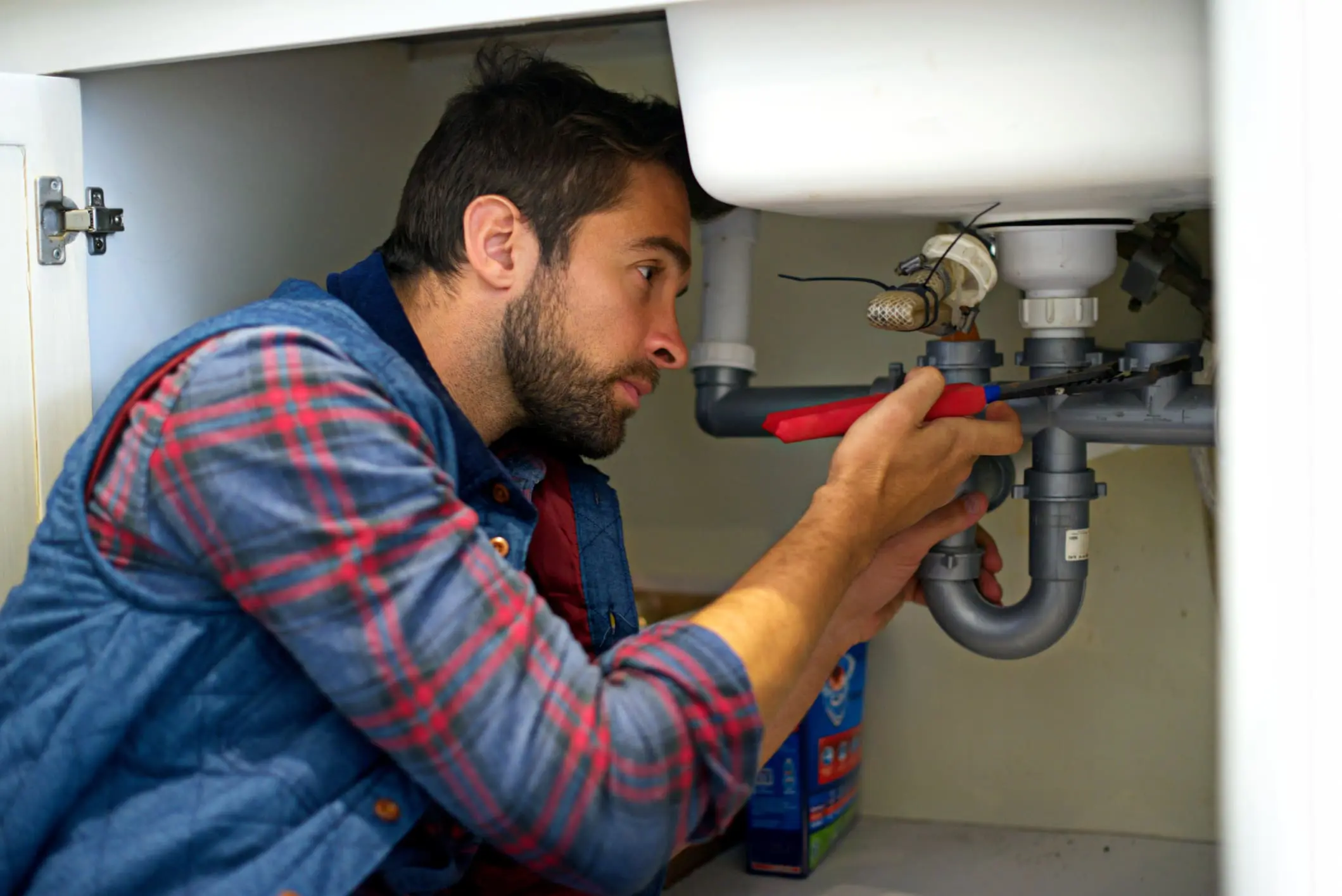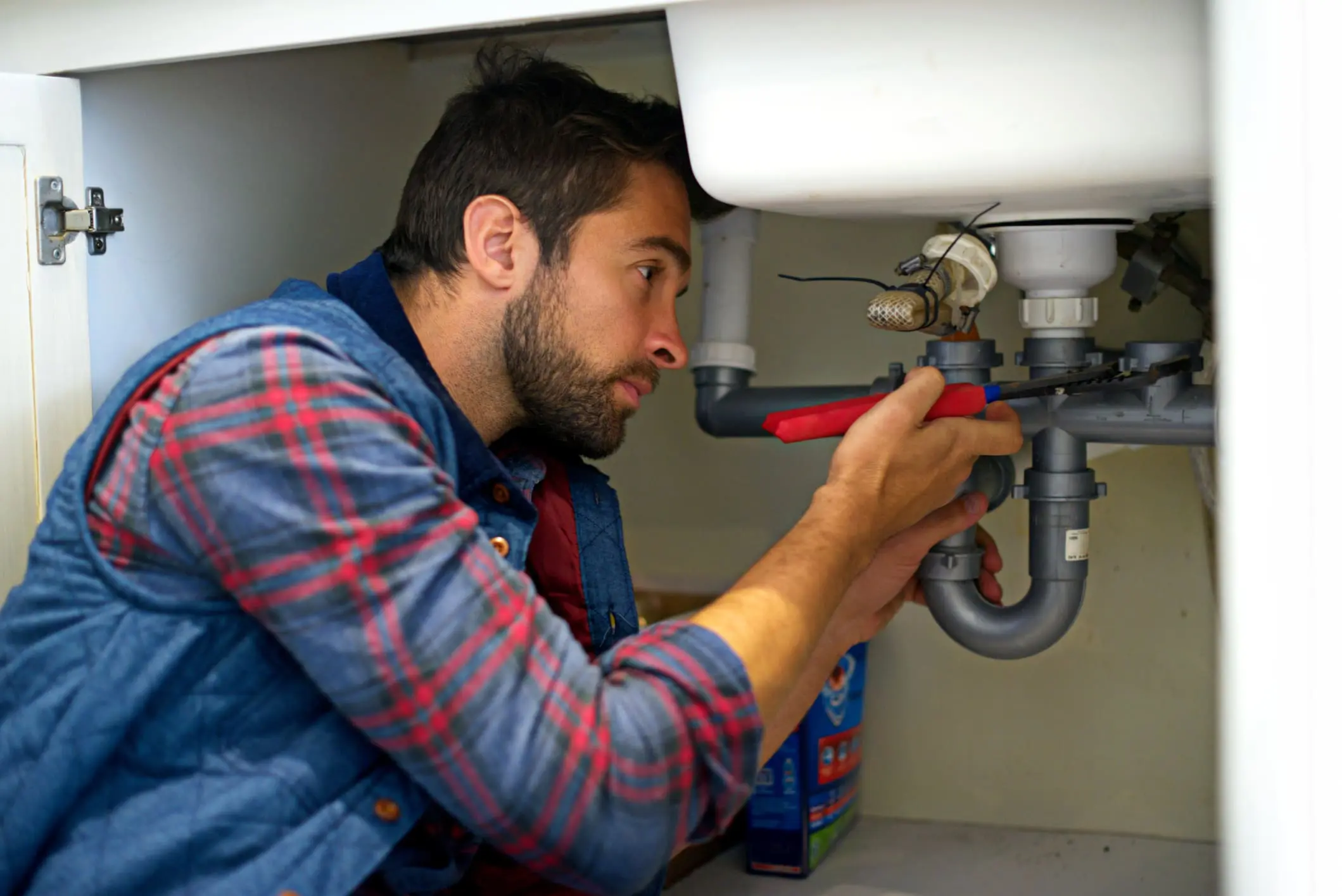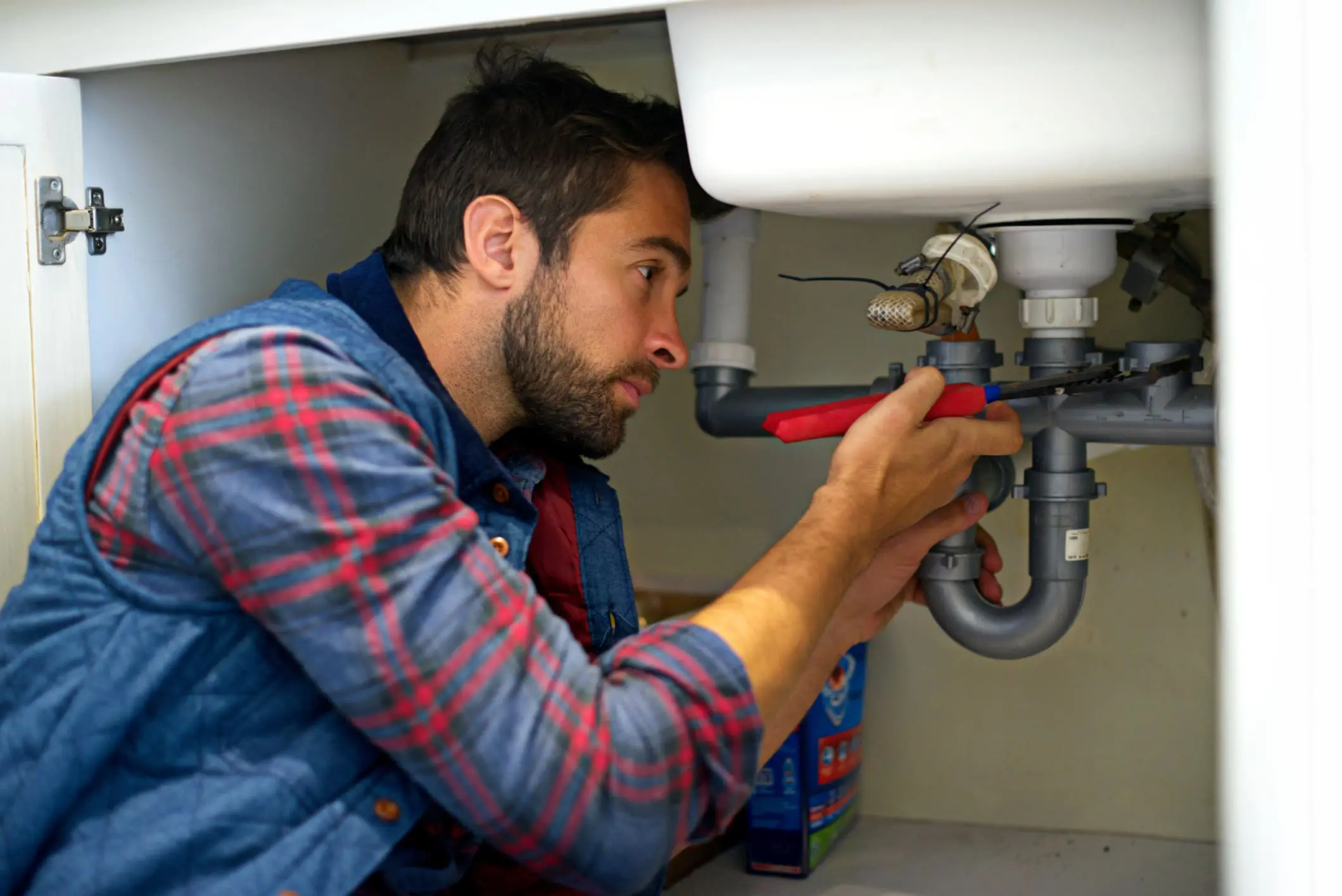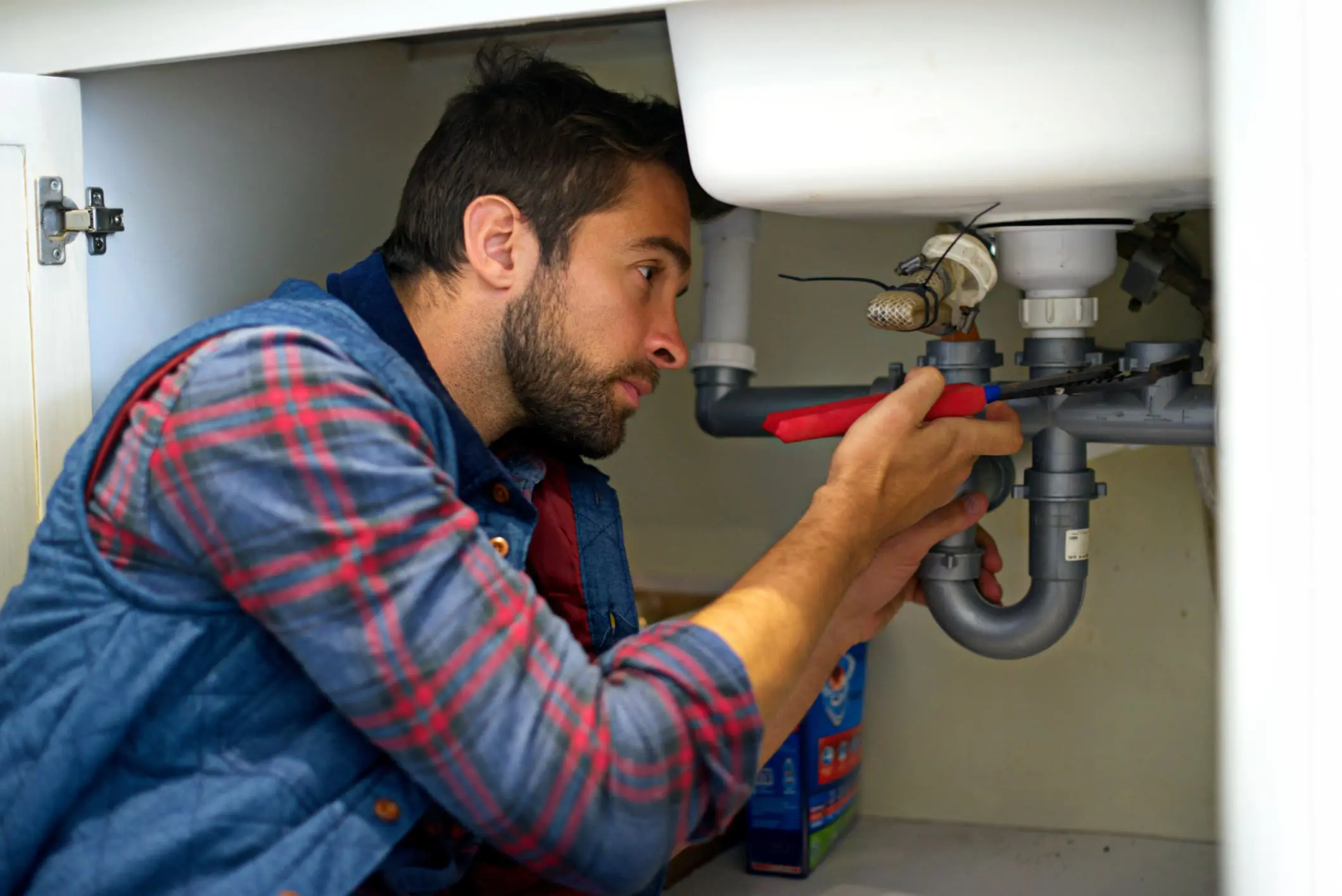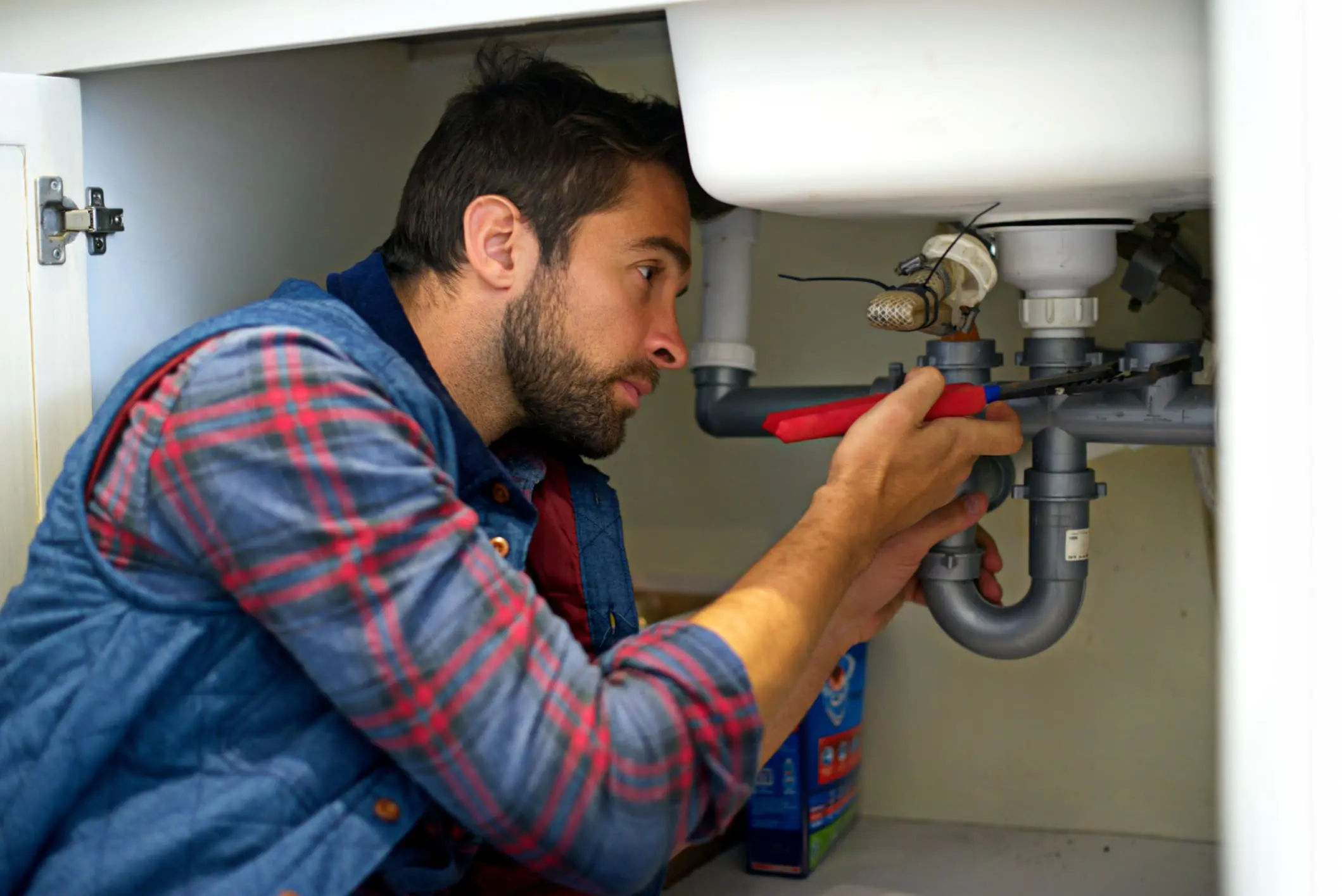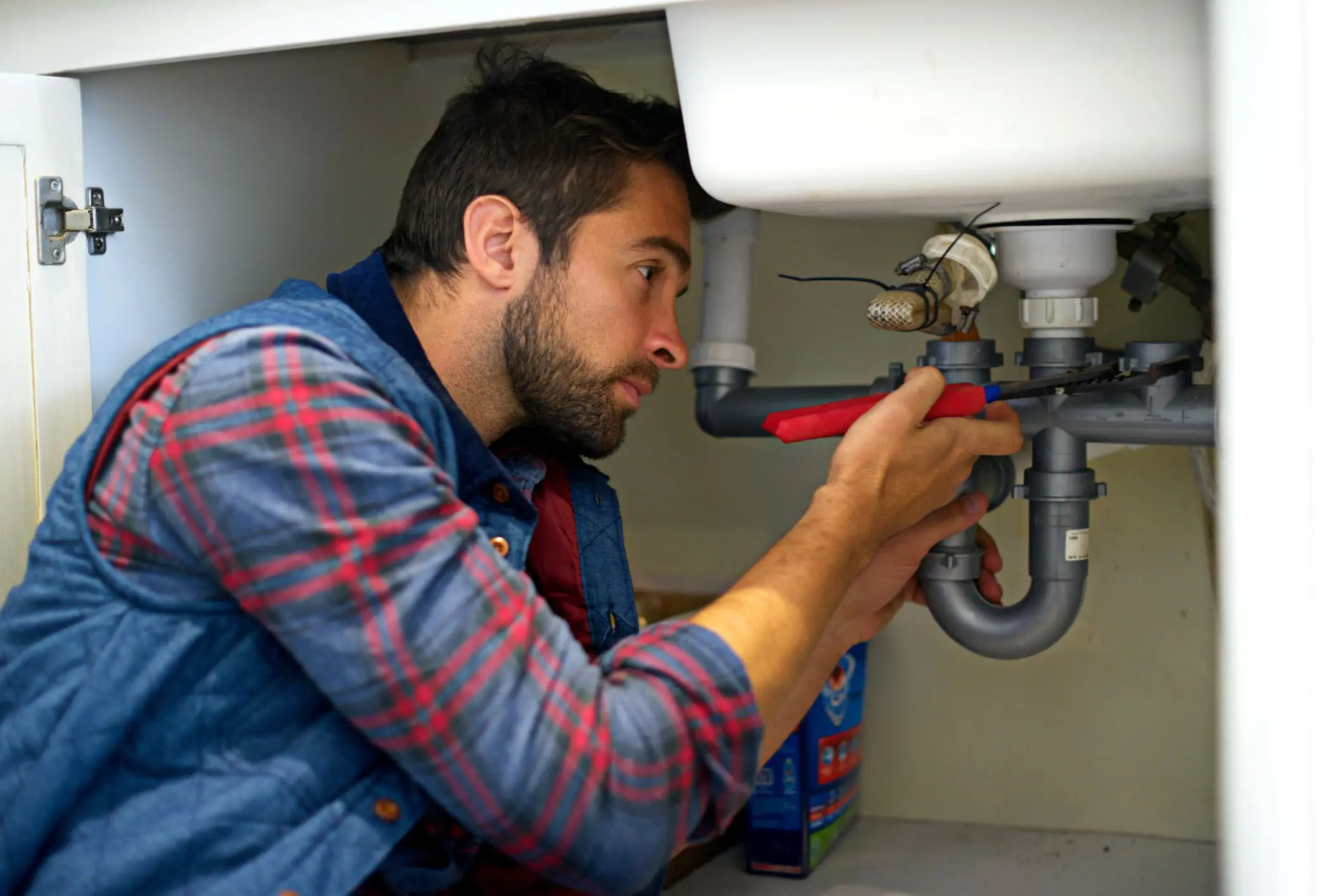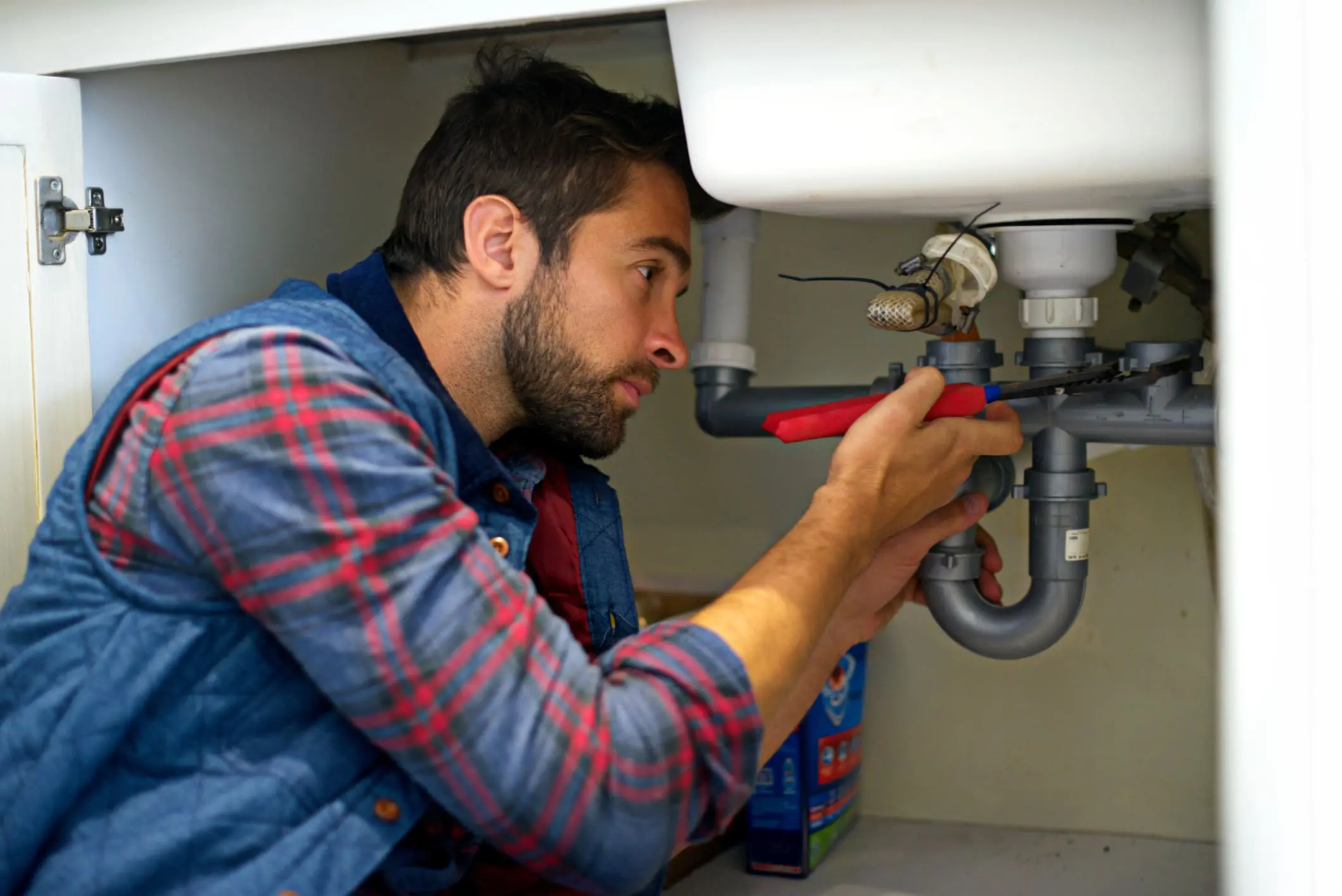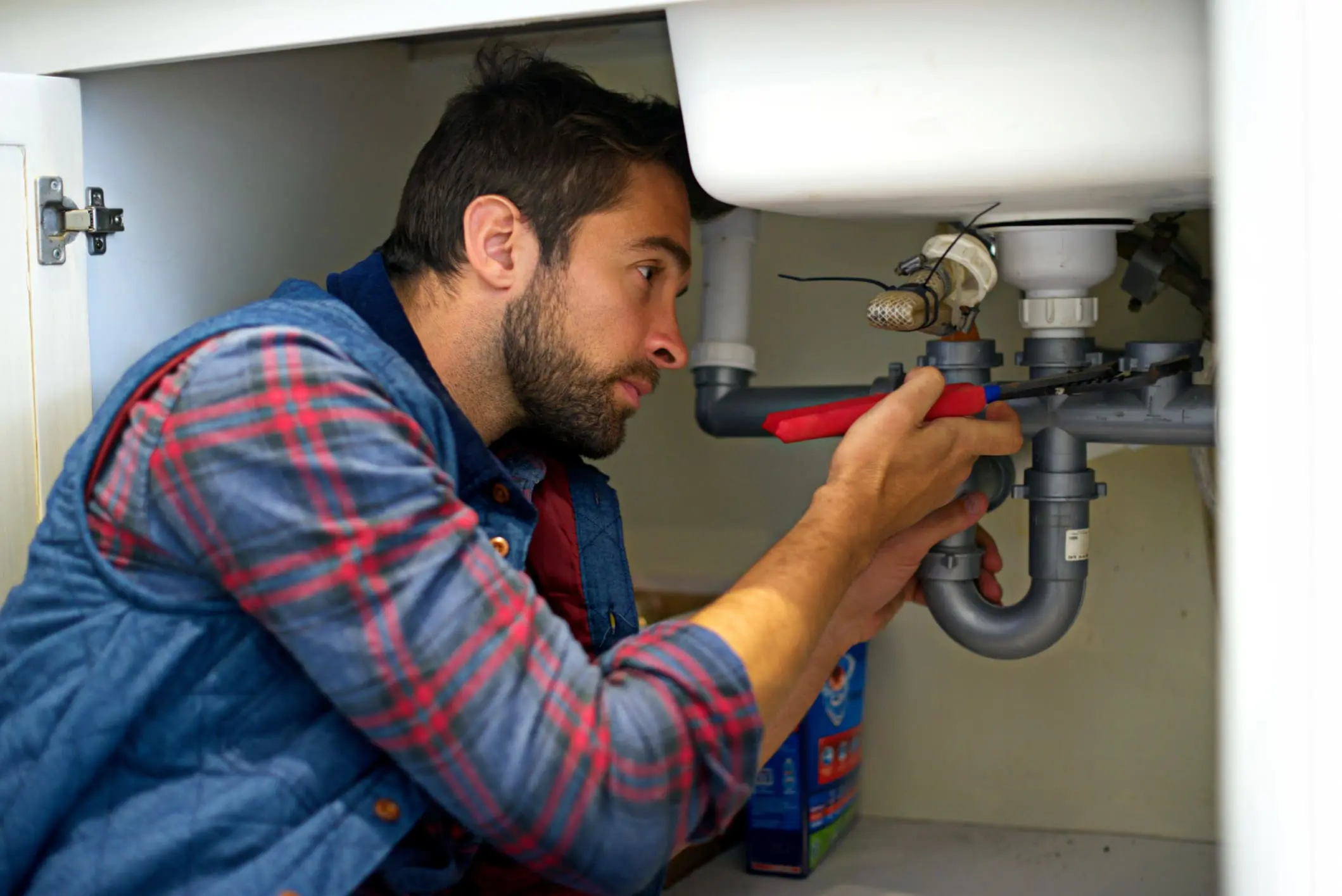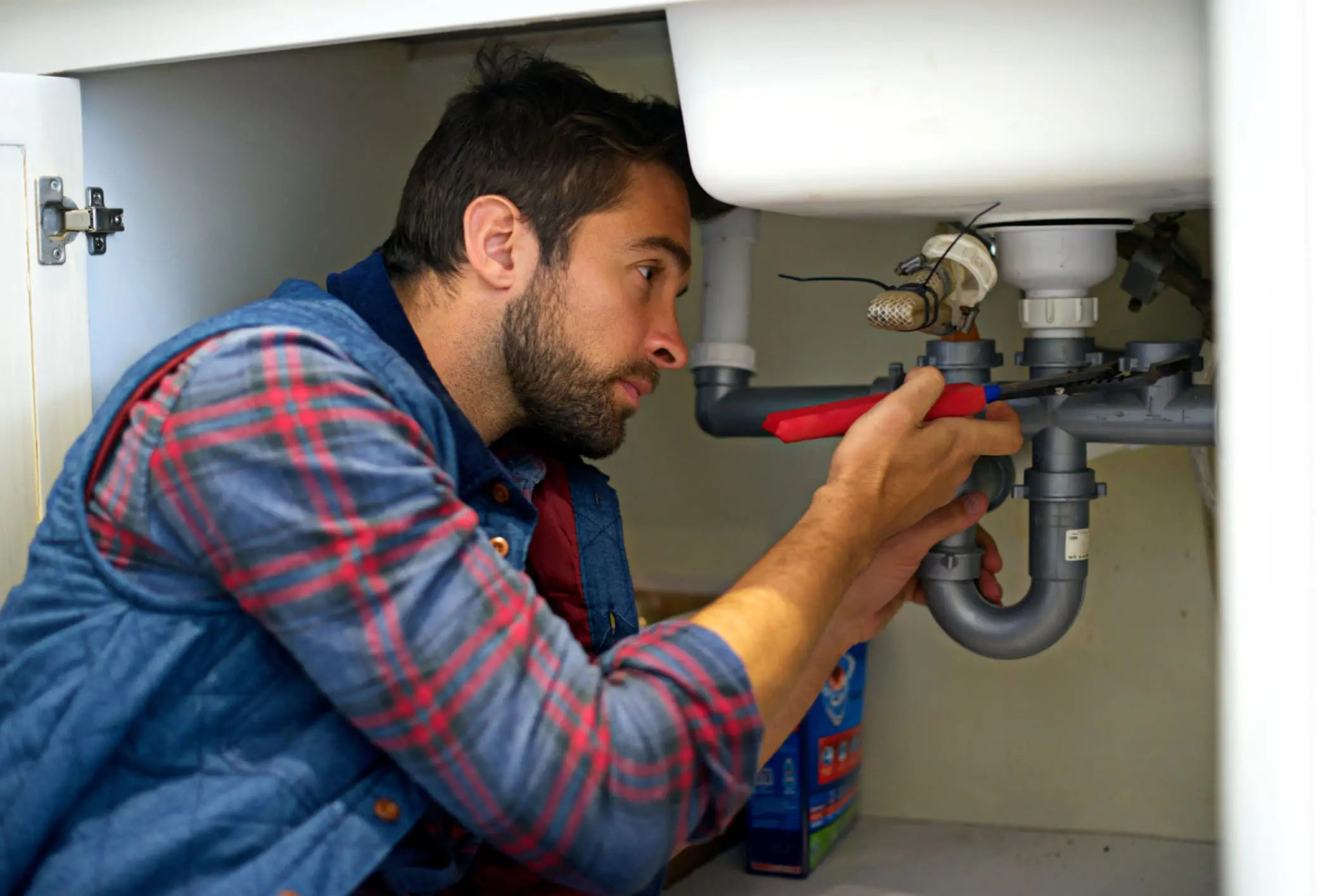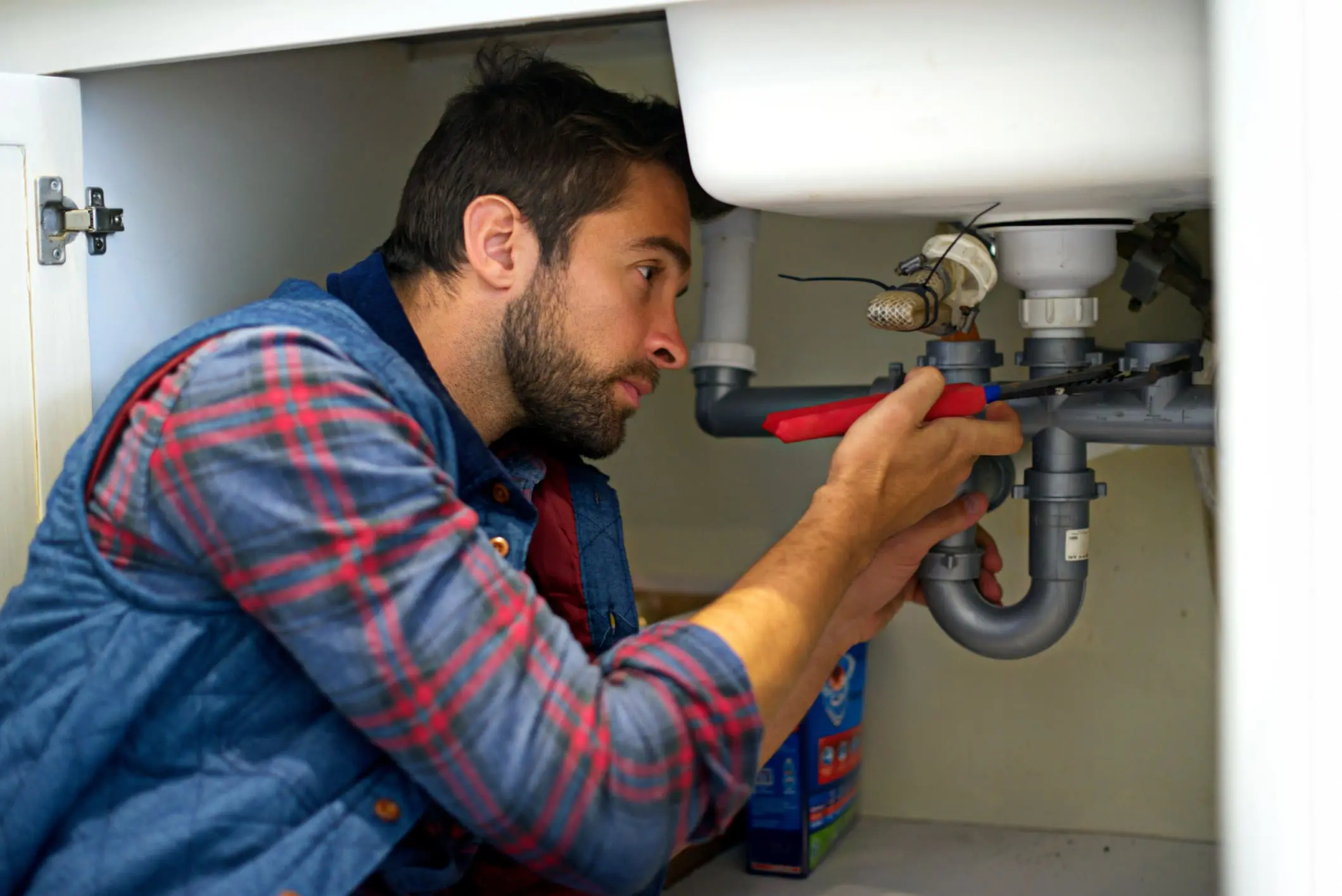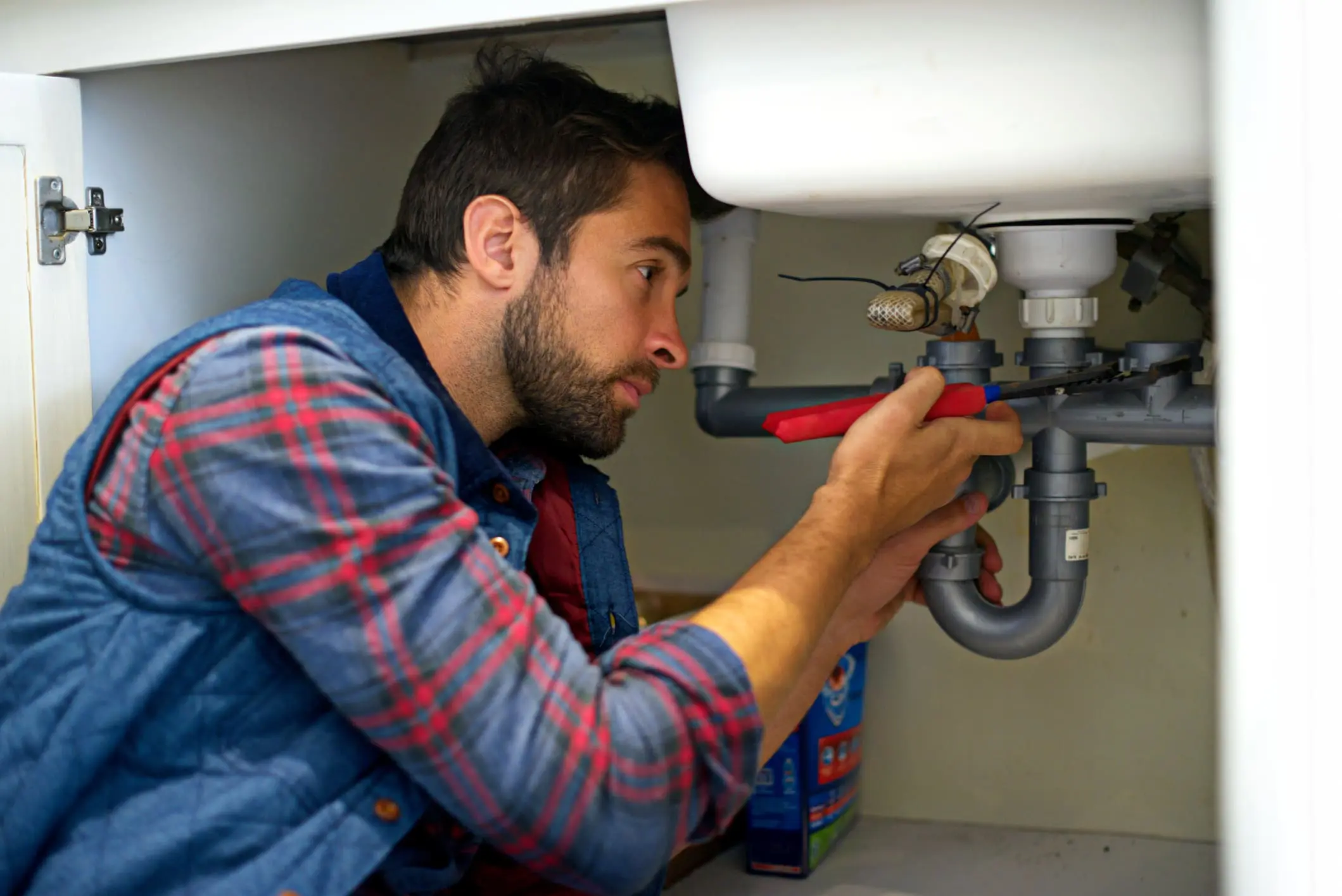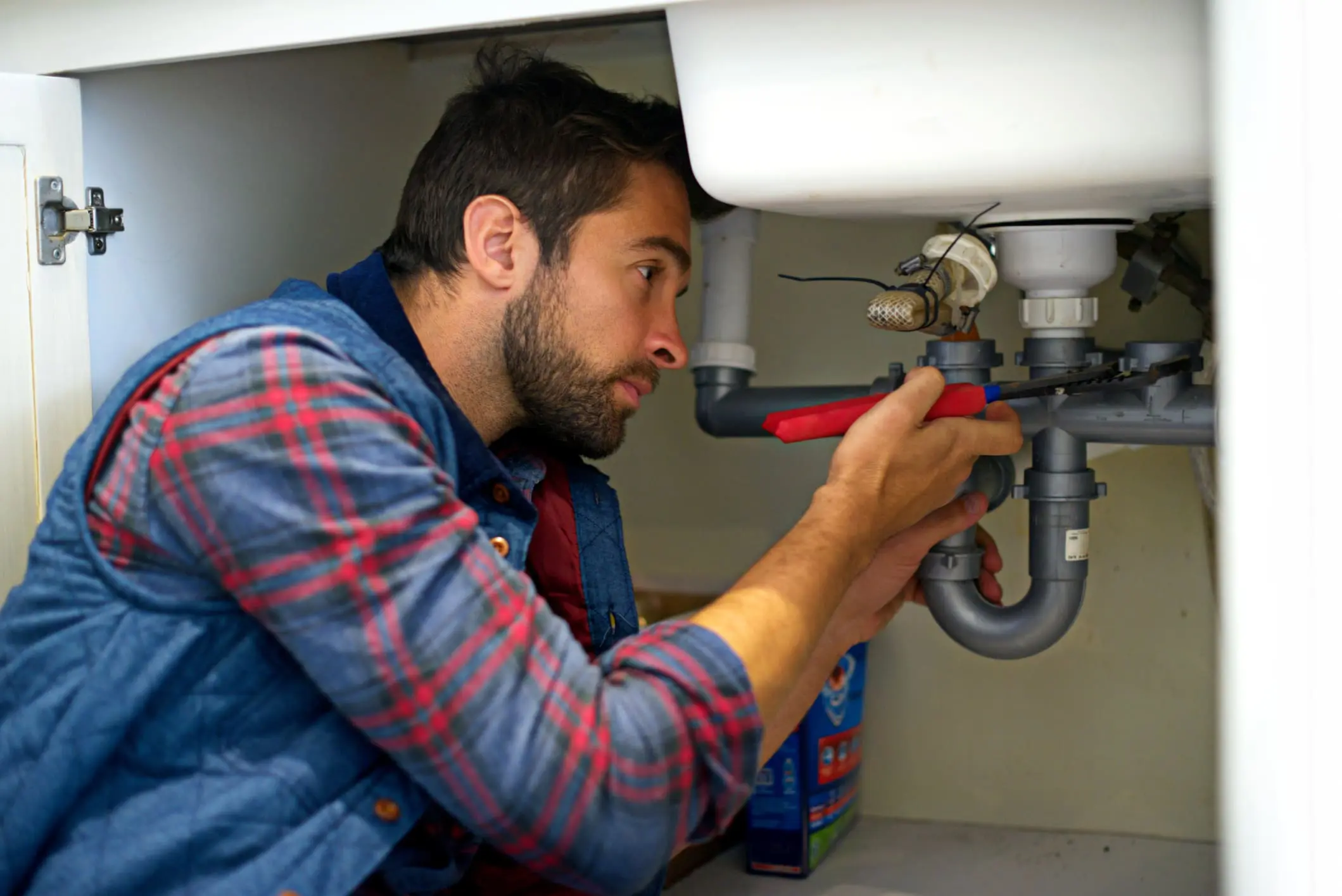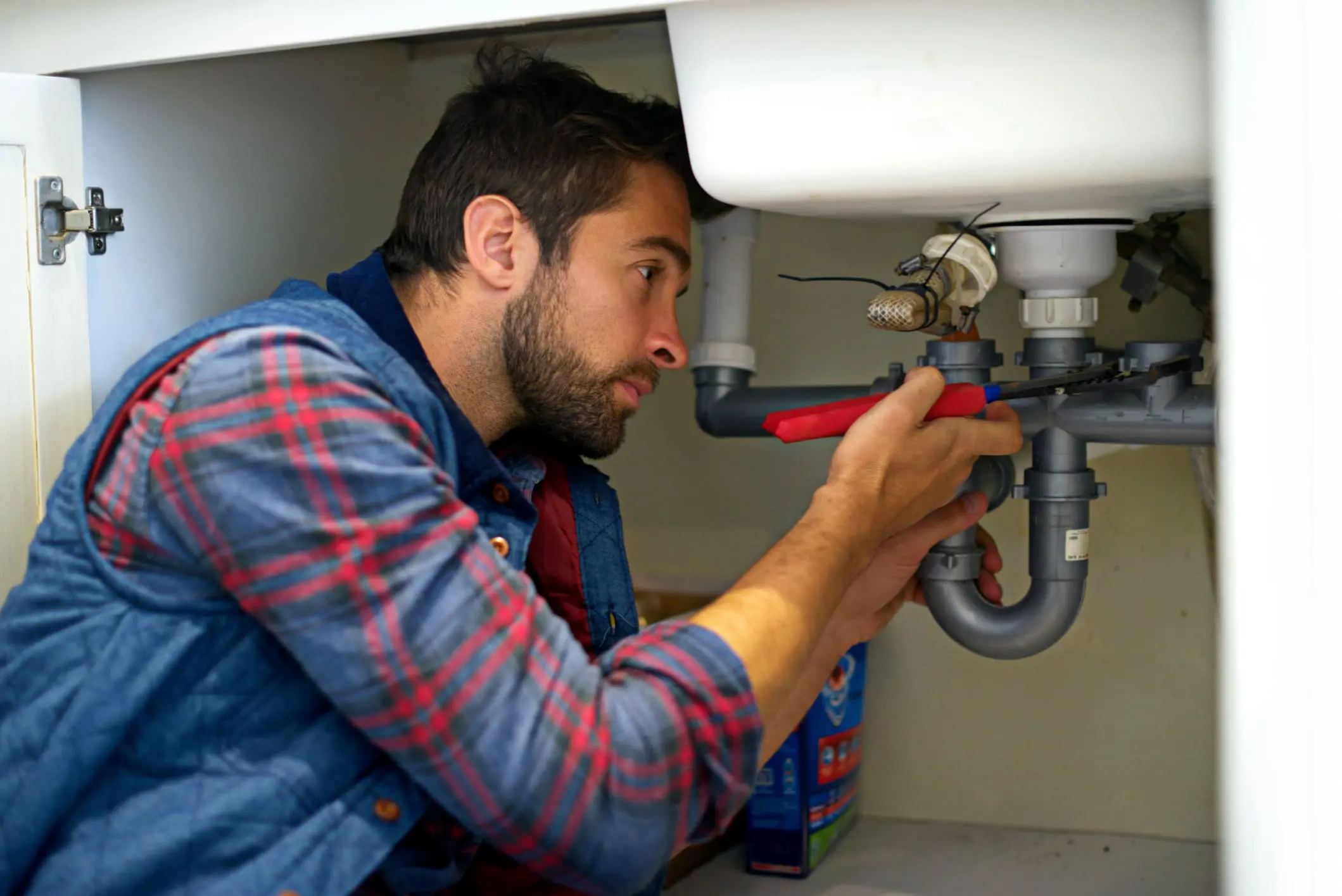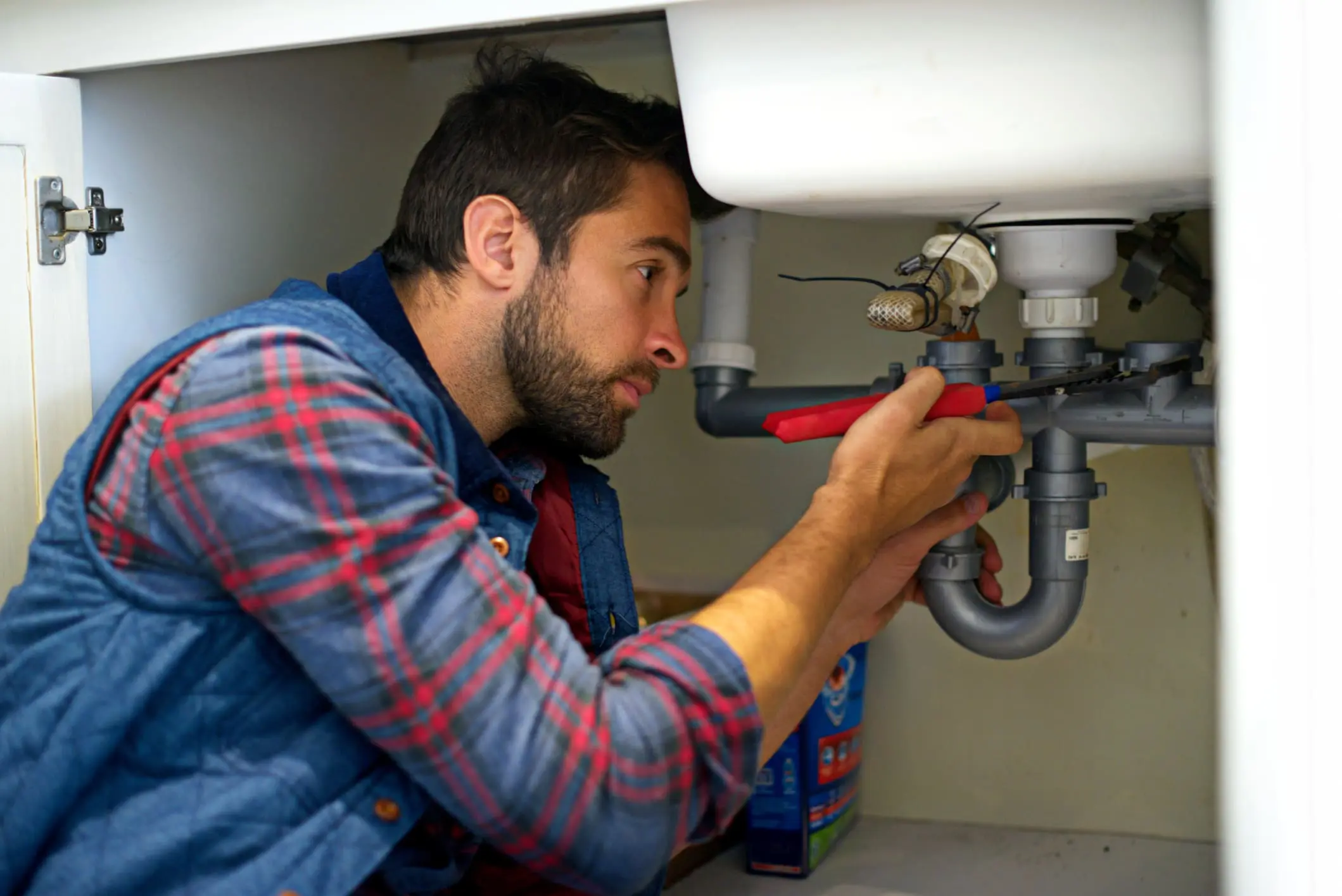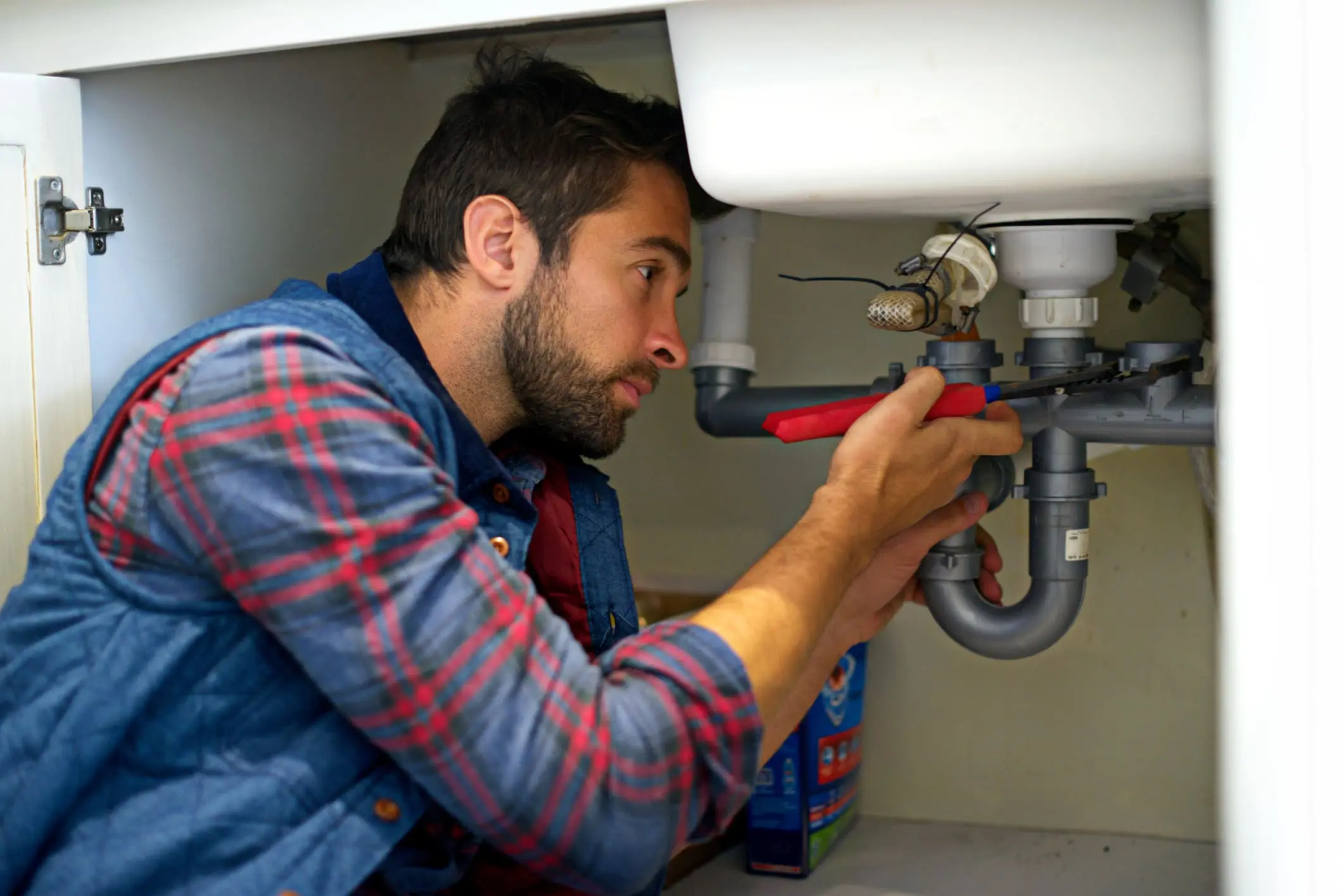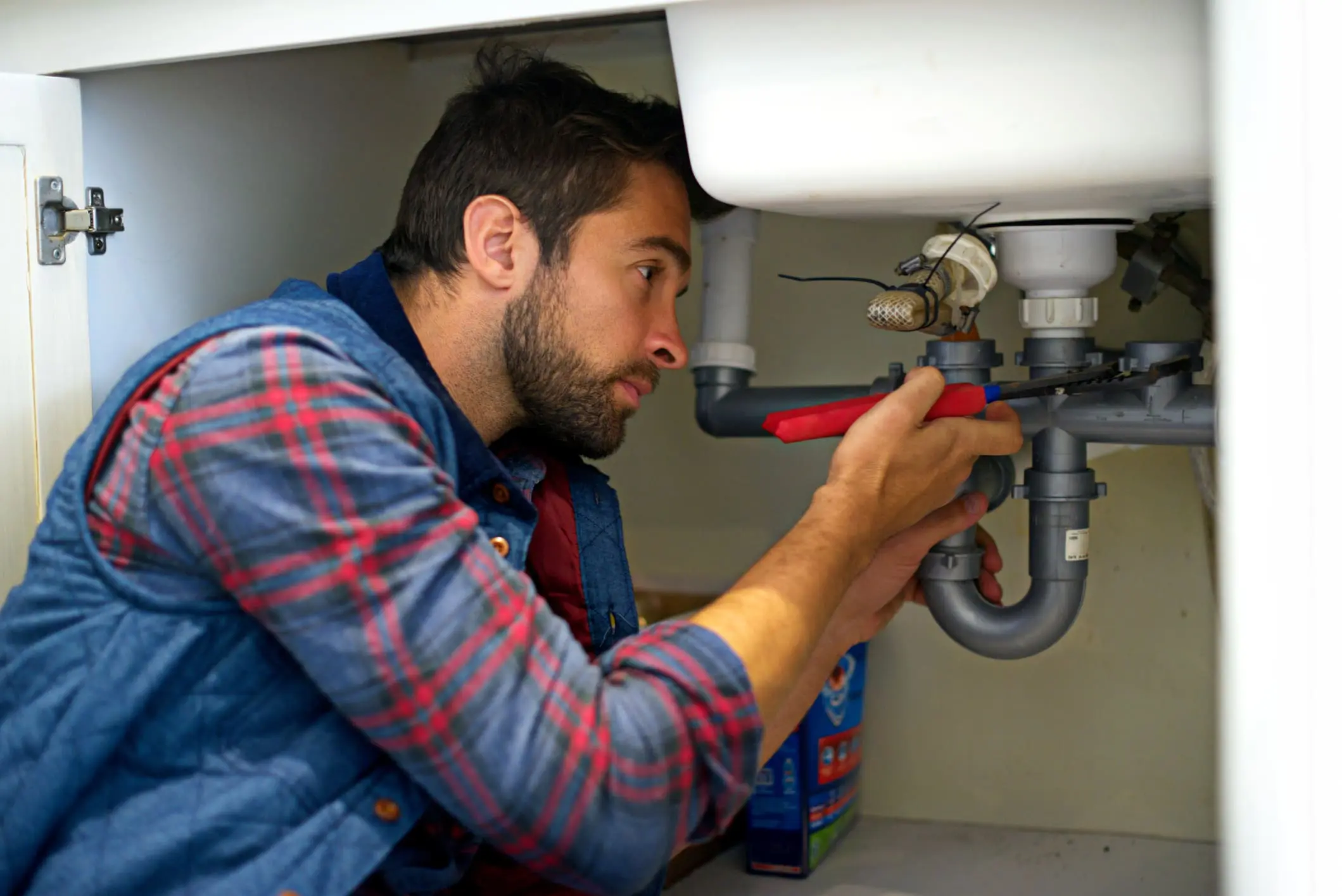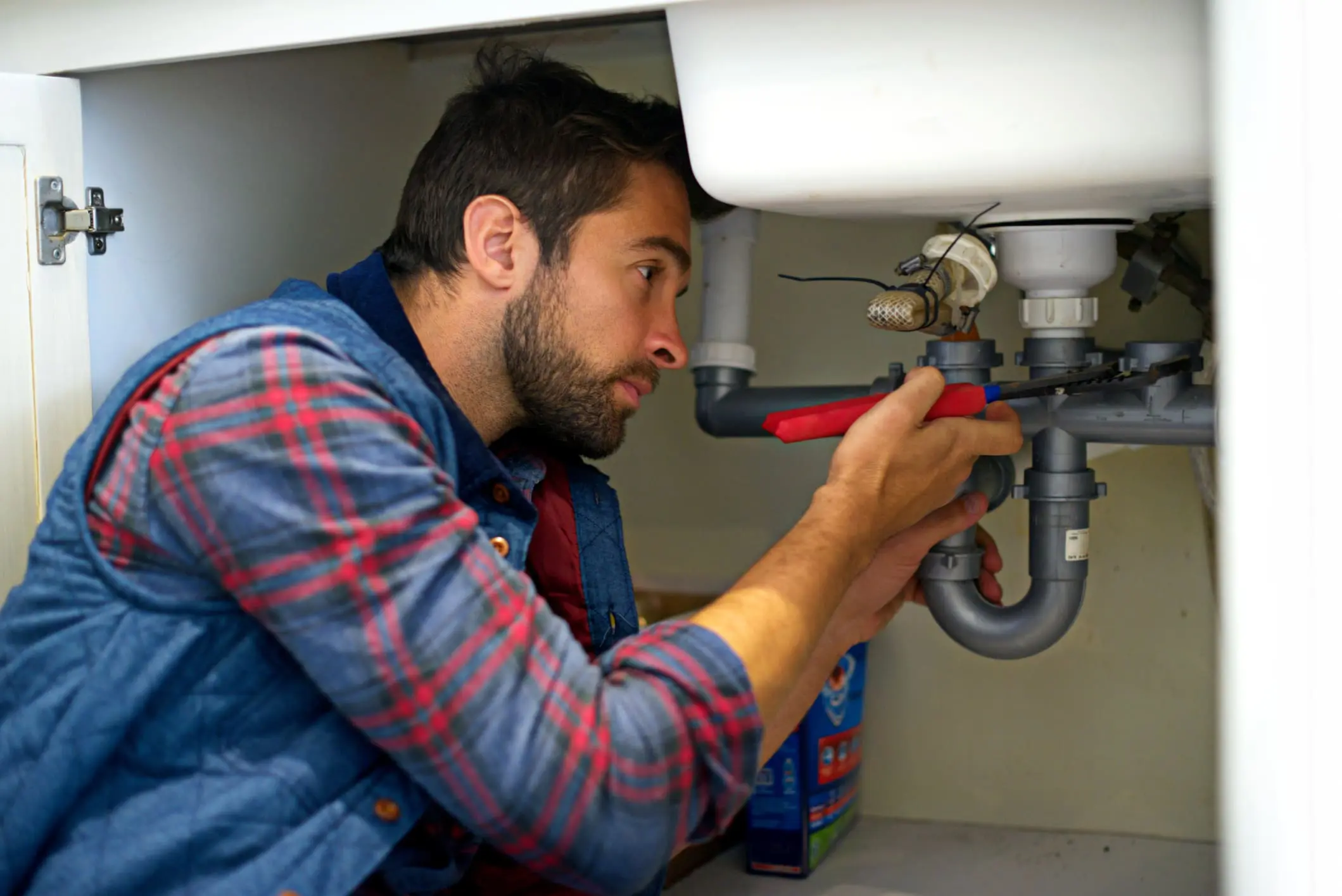The plumbing industry presents unique risks that require specialized insurance coverage. From working in confined spaces to h…
Plumber Contract Works Insurance: Essential Protection for Plumbing Contractors
Introduction
When you're working as a plumber on construction sites, renovations, or major installations, your standard trade insurance might not provide adequate coverage for the specific risks involved in contract work. Plumber Contract Works Insurance is a specialized form of protection designed to cover the unique exposures that arise when plumbers undertake contracted projects, particularly those involving significant construction or renovation work.
This type of insurance bridges the gap between your general plumbing trade insurance and the comprehensive protection needed for larger, more complex projects where you're working as part of a construction team or taking on substantial contracted work.
What is Plumber Contract Works Insurance?
Plumber Contract Works Insurance, also known as Contractors' All Risks (CAR) insurance, is specifically designed to protect plumbing contractors during the course of construction or installation projects. Unlike standard public liability or professional indemnity insurance, this coverage focuses on protecting the actual work being performed and the materials being used during the contract period.
This insurance typically covers the plumbing work itself, materials on site, temporary works, and associated risks that occur during the construction or installation phase. It's particularly relevant for plumbers working on new builds, major renovations, commercial installations, or any project where significant plumbing infrastructure is being installed or modified.
Key Coverage Areas
Works in Progress Protection
The primary focus of contract works insurance is protecting the plumbing work as it progresses. This includes coverage for newly installed pipes, fixtures, heating systems, and other plumbing infrastructure that could be damaged during the construction process. Whether it's accidental damage from other trades, weather damage to exposed work, or vandalism on site, this coverage protects your completed work until the project is finished.
Materials and Equipment on Site
Plumbing materials can be expensive, and construction sites are vulnerable to theft and damage. Contract works insurance typically covers materials stored on site, including pipes, fittings, boilers, radiators, and other plumbing supplies. This protection extends from delivery to installation, ensuring you're not left out of pocket if materials are stolen or damaged before they're installed.
Temporary Works Coverage
During major plumbing projects, temporary installations are often necessary. This might include temporary heating systems, water supplies, or protective measures for existing plumbing. Contract works insurance can cover these temporary installations against damage or failure that could impact the main project.
Third Party Property Damage
When working on construction sites or in occupied buildings, there's always a risk of causing damage to existing property or other contractors' work. This coverage protects against claims for damage caused by your plumbing work to the existing building structure, other trades' work, or neighboring properties.
Industry-Specific Risks for Plumbers
Water Damage Risks
Plumbing work inherently involves significant water damage risks. During installation or testing of new systems, leaks can occur that damage the building structure, electrical systems, or other contractors' work. Contract works insurance specifically addresses these water-related risks that are central to plumbing operations.
System Integration Challenges
Modern plumbing projects often involve complex system integration, including smart home technology, renewable energy systems, and sophisticated heating controls. If these integrated systems fail or cause damage during the installation phase, contract works insurance provides protection.
Underground and Concealed Work
Much plumbing work involves underground pipes or concealed installations within walls and floors. If this work is damaged during construction or causes problems that aren't discovered until later in the project, specialized coverage is essential.
Pressure Testing and Commissioning
The testing and commissioning phase of plumbing projects carries specific risks. System failures during pressure testing, commissioning problems, or issues discovered during final inspections can be costly to rectify and may delay project completion.
Benefits of Contract Works Insurance
Financial Protection
The primary benefit is comprehensive financial protection against the costs of rectifying damage to your work, replacing stolen materials, or compensating for delays caused by covered incidents. This protection ensures that unforeseen events don't result in significant financial losses that could threaten your business.
Client Confidence
Many clients, particularly on larger projects, require contractors to have contract works insurance in place. Having this coverage demonstrates professionalism and gives clients confidence that their project is protected against various risks.
Competitive Advantage
Being able to offer comprehensive insurance coverage can be a significant competitive advantage when tendering for larger contracts. It shows that you understand the risks involved and are prepared to manage them professionally.
Peace of Mind
Knowing that your work, materials, and potential liabilities are covered allows you to focus on delivering quality plumbing work without constantly worrying about potential financial exposures.
Types of Projects Requiring Coverage
New Build Construction
When working on new residential or commercial buildings, plumbers are installing complete systems from scratch. The value of work and materials involved, combined with the extended project timeline, makes contract works insurance essential.
Major Renovations
Renovation projects often involve working around existing structures and systems, increasing the risk of damage. Whether it's a complete bathroom renovation or a whole-house plumbing upgrade, contract works insurance provides crucial protection.
Commercial Installations
Large commercial plumbing projects, such as office buildings, retail spaces, or industrial facilities, involve significant value and complexity. The potential for costly damage or delays makes comprehensive insurance coverage vital.
Infrastructure Projects
Plumbers working on infrastructure projects, such as housing developments, schools, or healthcare facilities, face unique risks and requirements that standard trade insurance may not adequately cover.
Choosing the Right Coverage
Assessing Project Value
The level of coverage needed depends largely on the total value of the plumbing work and materials involved. This includes not just the contract value but also the potential cost of rectifying damage or delays.
Understanding Project Duration
Longer projects face greater exposure to various risks. The insurance coverage period should align with the project timeline, including any warranty or defects liability periods.
Evaluating Site Conditions
Different sites present different risks. Urban construction sites may face higher theft risks, while rural sites might be more exposed to weather damage. The insurance coverage should reflect these specific site conditions.
Considering Client Requirements
Many clients have specific insurance requirements that must be met. Understanding these requirements early in the tendering process ensures you can provide appropriate coverage.
Integration with Other Insurance
Relationship to Public Liability
While contract works insurance covers the work itself, public liability insurance remains important for covering injury to third parties or damage to property not part of the contract. These two types of coverage work together to provide comprehensive protection.
Professional Indemnity Considerations
Professional indemnity insurance covers design errors or professional negligence, while contract works insurance covers physical damage to the work. Both may be necessary for complex plumbing projects involving design elements.
Employer's Liability Requirements
If you employ staff on contract works projects, employer's liability insurance remains a legal requirement and works alongside contract works coverage to protect your business and employees.
Cost Factors and Considerations
Project-Specific Pricing
Contract works insurance is typically priced based on the specific project, taking into account factors such as contract value, duration, location, and risk profile. This project-specific approach ensures you only pay for the coverage you need.
Deductible Levels
Higher deductibles can reduce premium costs but increase your financial exposure to smaller claims. The appropriate deductible level depends on your risk tolerance and cash flow capabilities.
Coverage Extensions
Additional coverage options, such as extended warranty periods, design and specification coverage, or enhanced theft protection, can be added but will affect the overall cost.
Claims Process and Management
Immediate Response Requirements
Contract works claims often require immediate response to prevent further damage and minimize project delays. Understanding the claims notification requirements and having emergency contact procedures in place is crucial.
Documentation Needs
Proper documentation of the work progress, materials on site, and any incidents is essential for successful claims handling. Regular photographic records and detailed project logs support the claims process.
Coordination with Other Parties
On construction projects, multiple parties may be involved in a claim. Understanding how contract works insurance coordinates with other insurers and contractors helps ensure smooth claims resolution.
Best Practices for Plumbers
Risk Assessment and Management
Conducting thorough risk assessments before starting contract work helps identify potential exposures and ensures appropriate insurance coverage is in place. This includes assessing site conditions, project complexity, and coordination requirements with other trades.
Proper Documentation
Maintaining detailed records of work progress, materials delivered, and site conditions supports both project management and potential insurance claims. Regular photographic documentation is particularly valuable.
Communication with Clients
Clear communication with clients about insurance coverage, including what is and isn't covered, helps manage expectations and prevents disputes if claims arise.
Regular Coverage Reviews
As projects progress and circumstances change, regular reviews of insurance coverage ensure that protection remains adequate and appropriate.
Conclusion
Plumber Contract Works Insurance is an essential form of protection for plumbing contractors undertaking significant construction or installation projects. It provides comprehensive coverage for the unique risks associated with contract work, protecting both the work itself and the materials involved.
The specialized nature of this insurance means it's designed specifically for the construction environment, addressing risks that standard trade insurance may not adequately cover. From protecting work in progress to covering materials on site, contract works insurance provides the financial security needed to undertake larger, more complex plumbing projects with confidence.
For plumbing contractors looking to expand into larger projects or those already working in the construction sector, understanding and obtaining appropriate contract works insurance is crucial for business protection and professional credibility. The investment in proper coverage pays dividends in terms of financial security, client confidence, and competitive advantage in the marketplace.


 0330 127 2333
0330 127 2333
